Security – Types Of Keys Used In Hotels For Effective Security

Types of Keys used in hotels for effective Key control When it comes to the guest experience in hotels, the ...
Read more
IT – Hotel IT Failure Emergency Action Plan / Contingency Plan (All Departments)

Sample Hotel IT Emergency Action Plan / Contingency Plan In today’s digital age, all businesses must have a solid IT ...
Read more
Security – Fire Emergency Plan And Procedures Sample For Hotels | Resorts
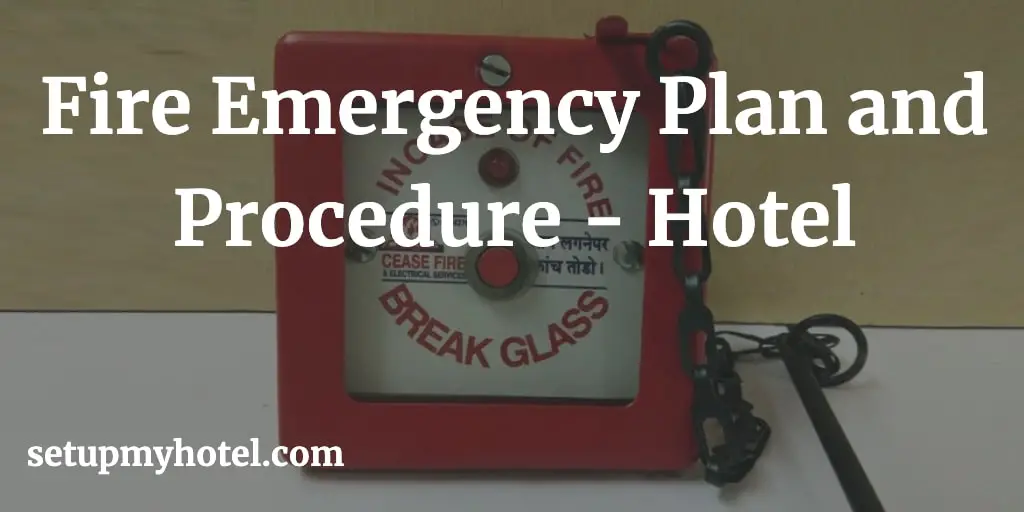
Fire Emergency Plan and Procedures Sample For Hotels | Resorts Hotels are required to have a fire emergency plan in ...
Read more
Security – Safety Rules For Gas And Electrical Equipment’s
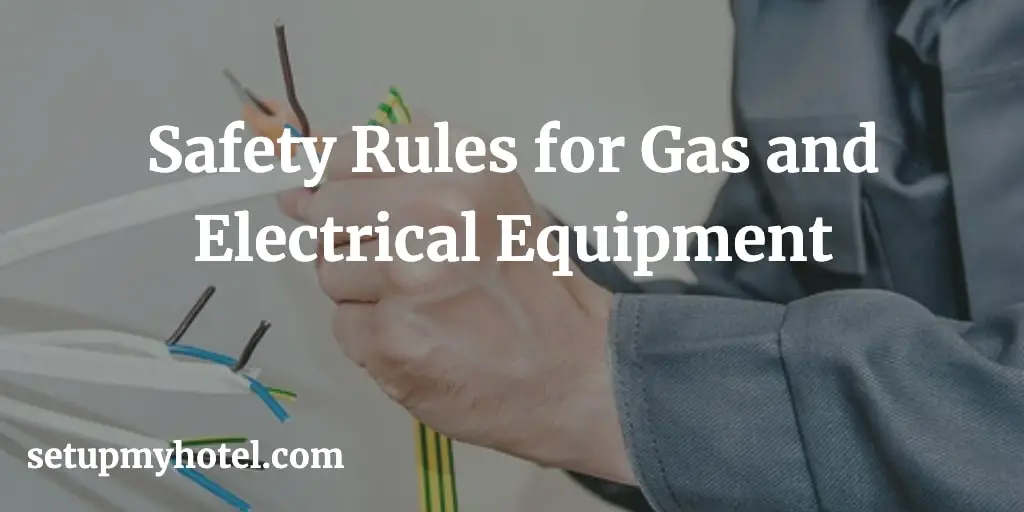
Safety Rules for Gas and Electrical Equipment Ensuring the safety of hotel guests is of utmost importance. As such, it’s ...
Read more
Food Holding Temperature Guide – Meat | Poultry | Fish | Other Items

Standard Food Holding Temperature Range Guide For Meat, Fish Poultry, and Other Items In the hotel industry chefs, cooks and ...
Read more
How To Keep Knife Or Knives Sharp?

Tips For Keeping The Knife Sharp A knife is a tool that is of little use if it is not ...
Read more
Preventing Fire While Working In The Hotel Kitchen
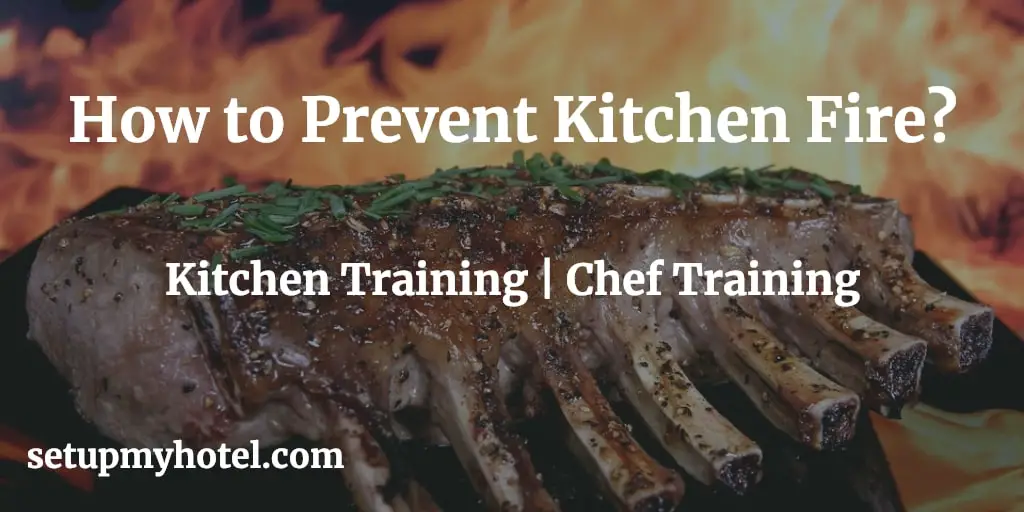
How To Prevent Fire While Working In The Hotel Kitchen Area? Familiarize yourself with the working area to minimize cases ...
Read more
Preventing Cuts While Working In The Hotel Kitchen

How To Prevent Cuts While Working In The Hotel Kitchen Area? The primary rule of knife safety is simple that ...
Read more
Audit Room Service Cleanliness And Condition
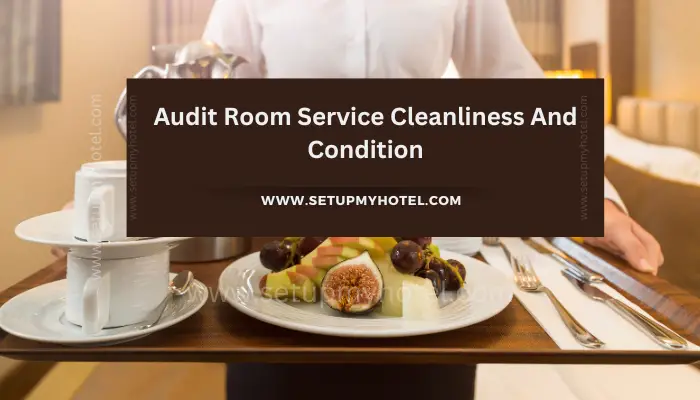
Audit checklist for Room Service / IRD cleanliness and condition. As a hotel guest, room service is one of the ...
Read more
Banquet Agreement Form / Banquet Terms And Conditions Sample
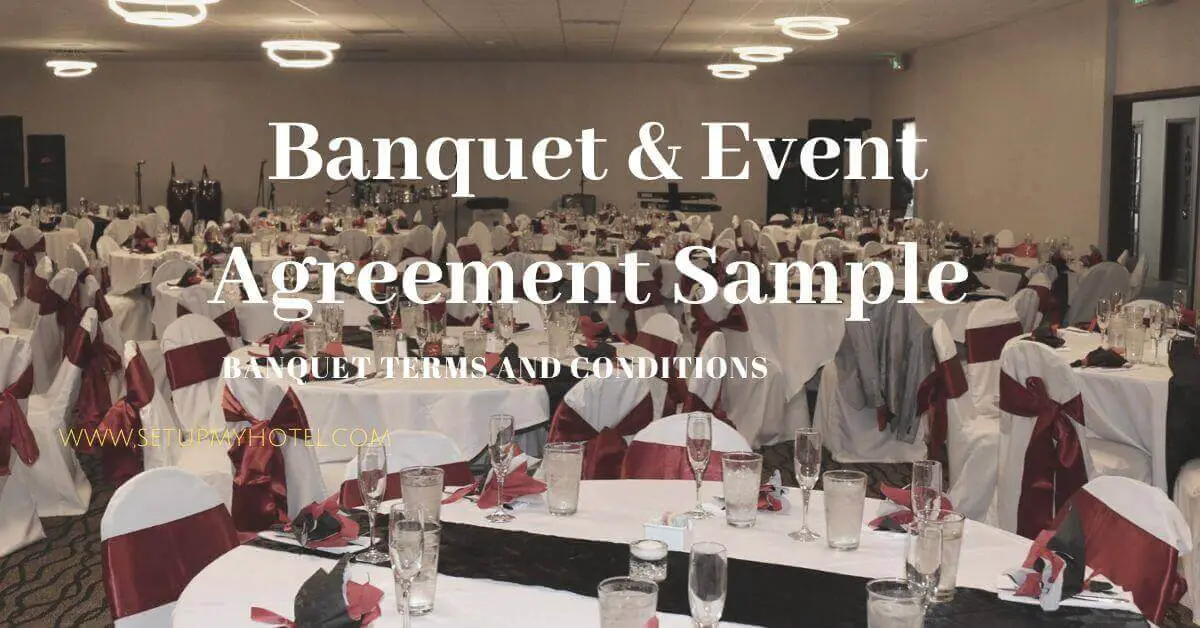
Banquet Agreement Form / Banquet Terms & Conditions Thank you for your interest in our banquet services. We are excited ...
Read more









